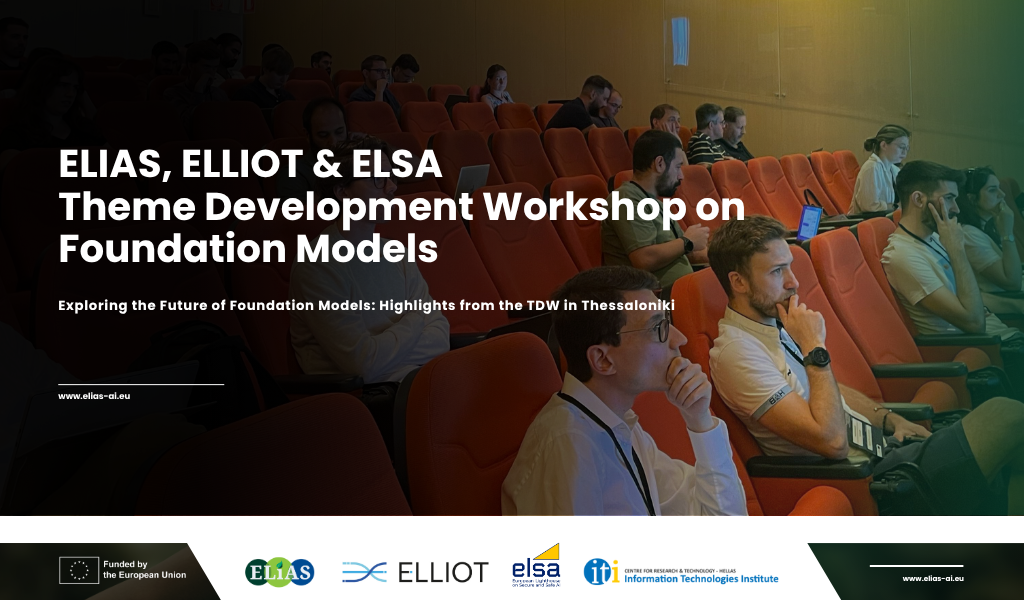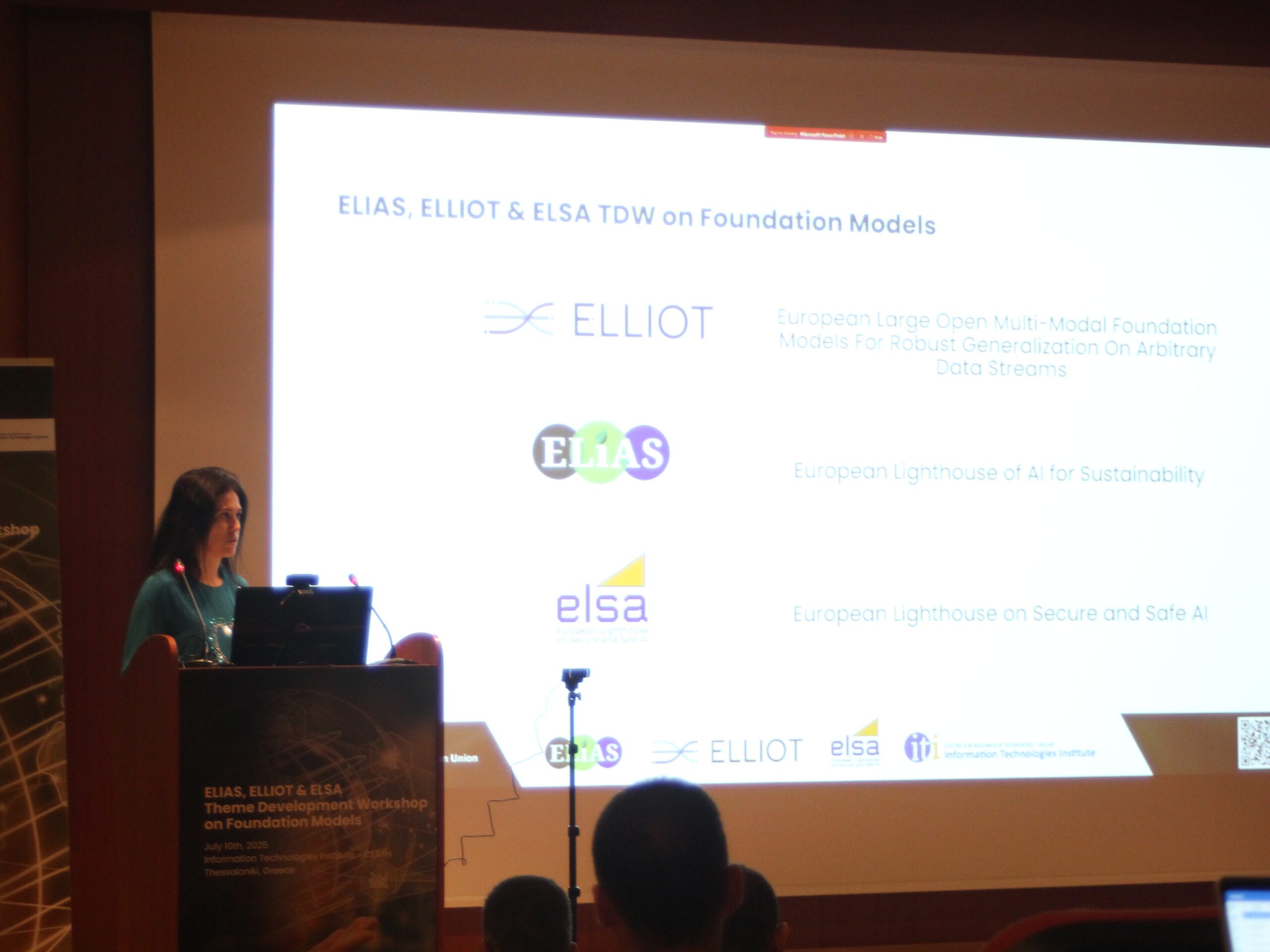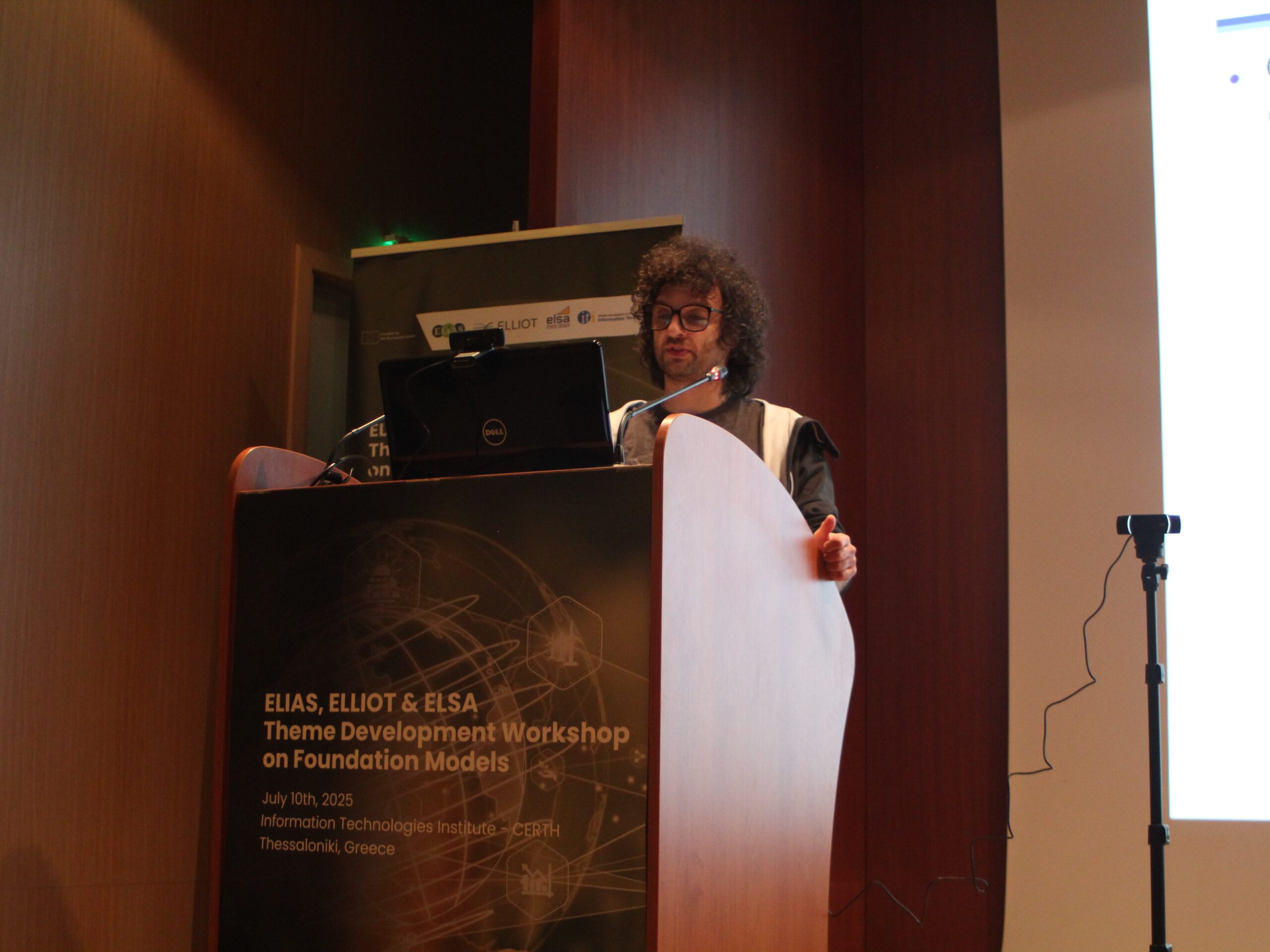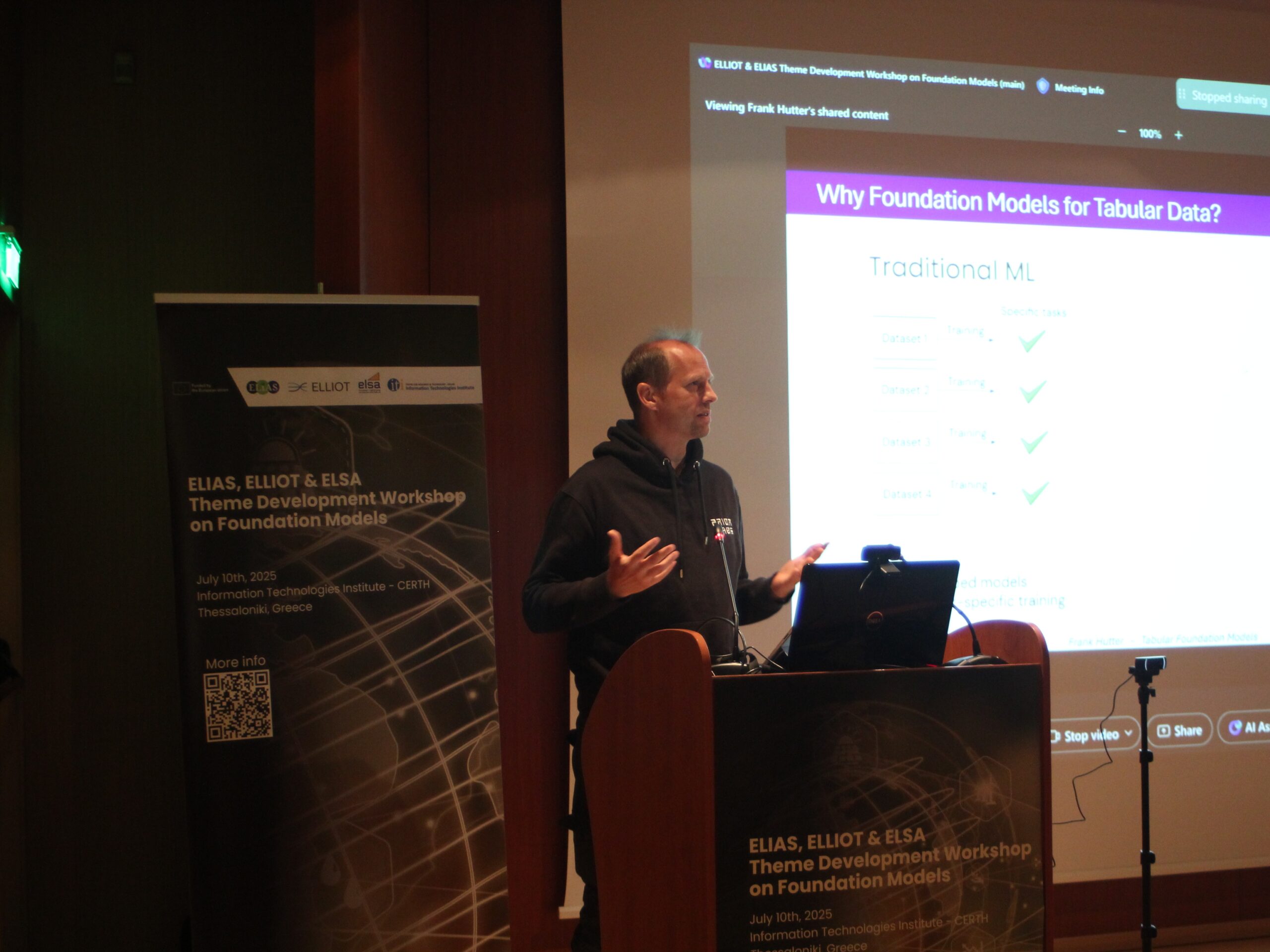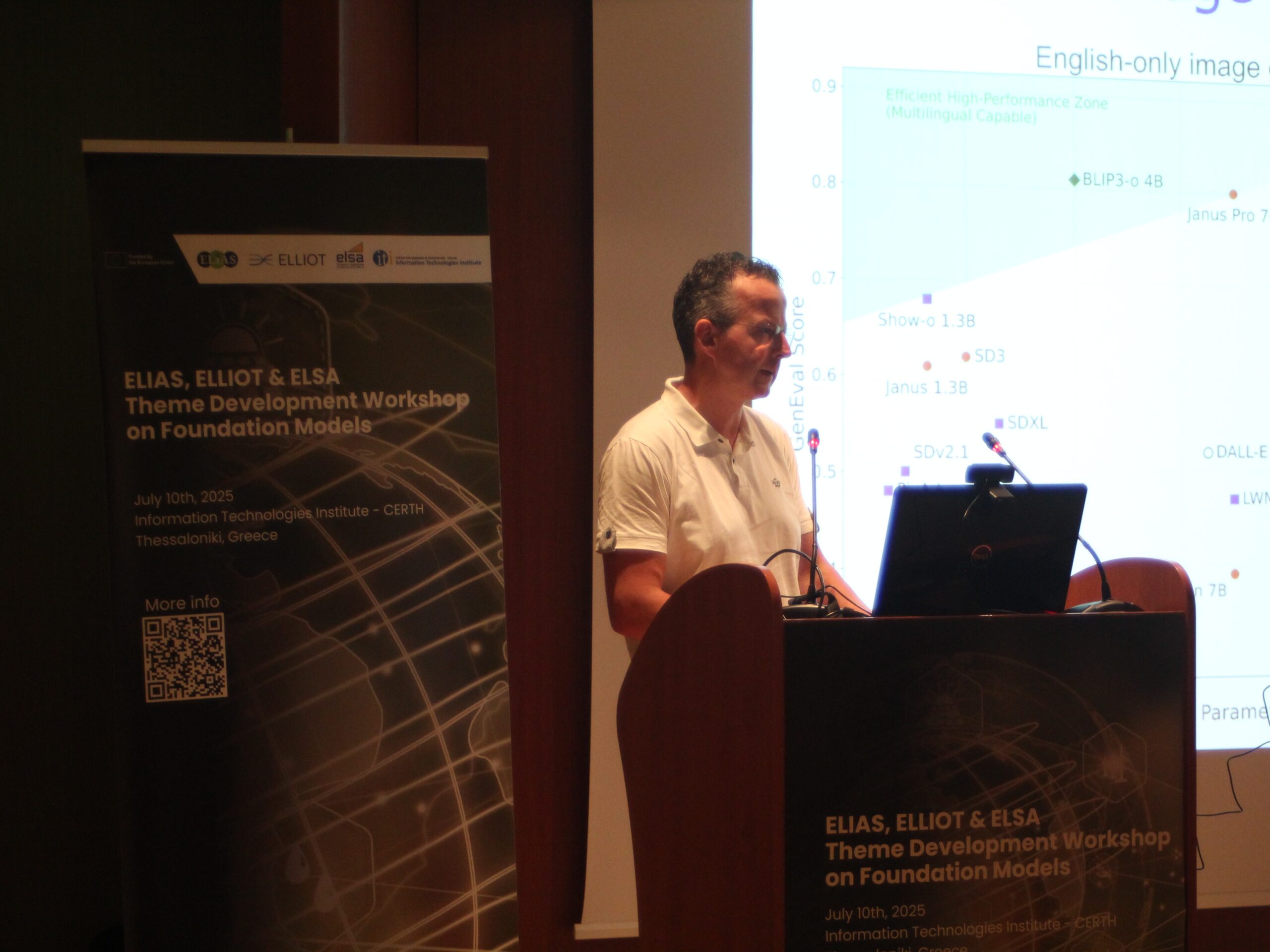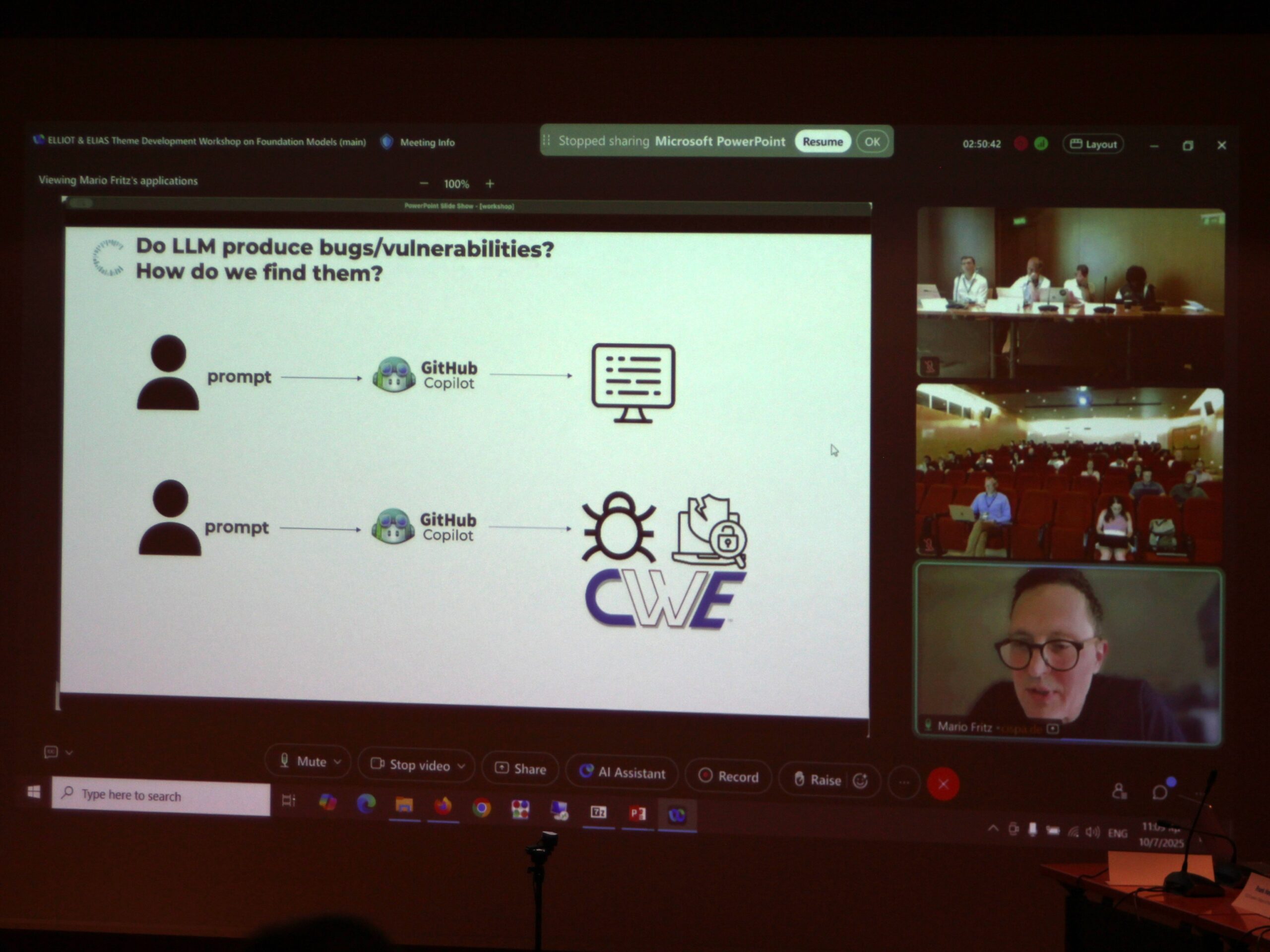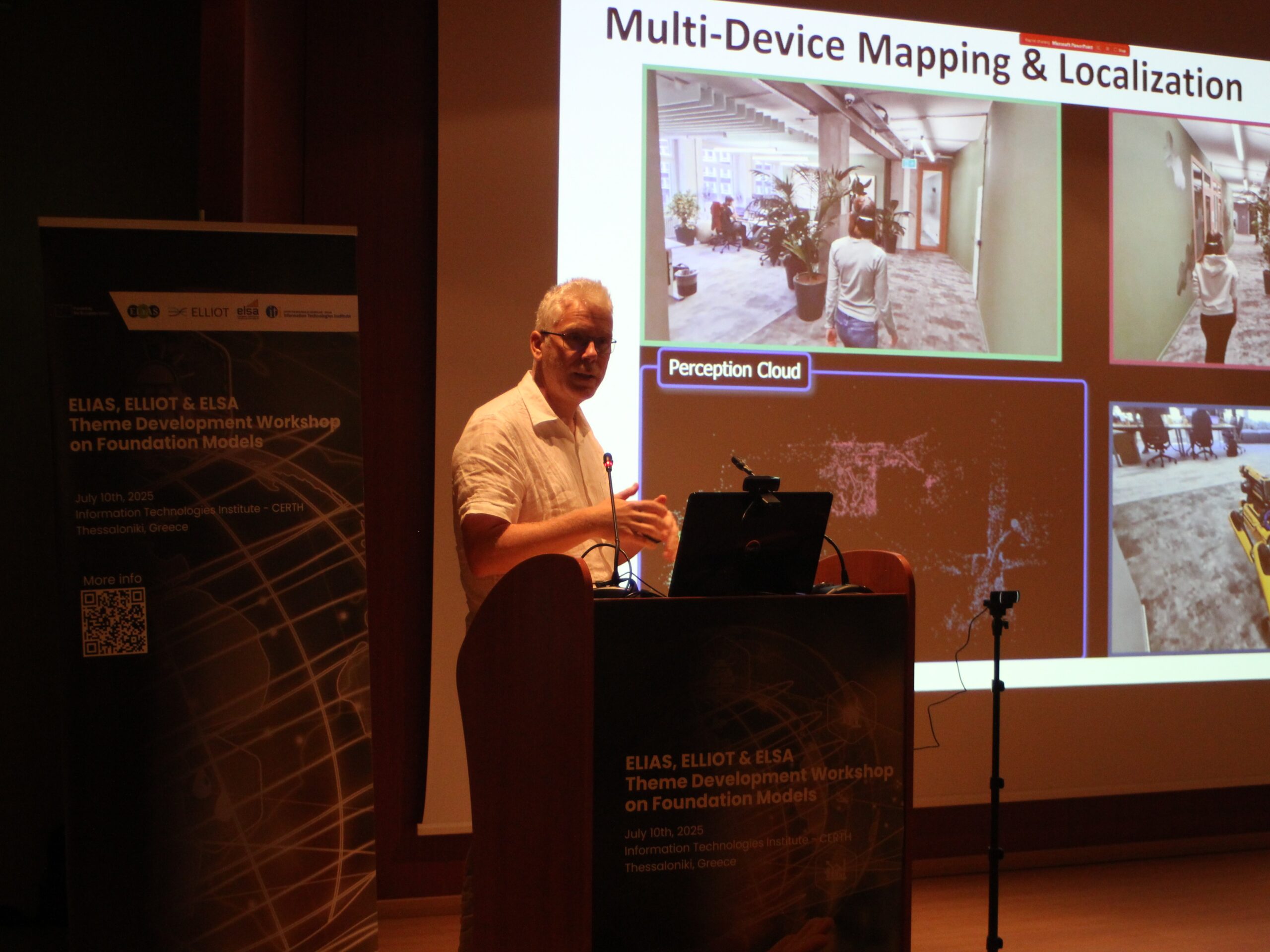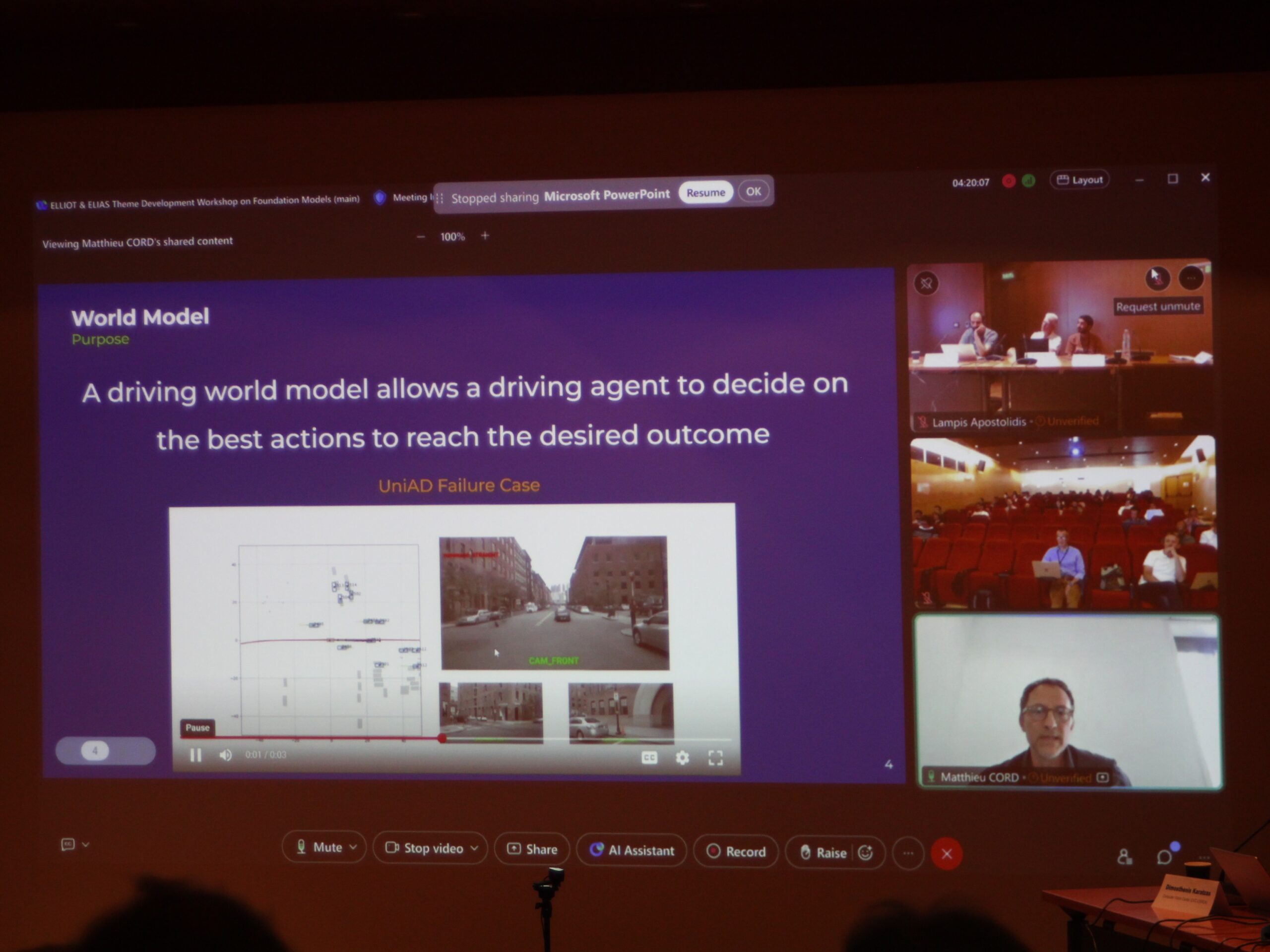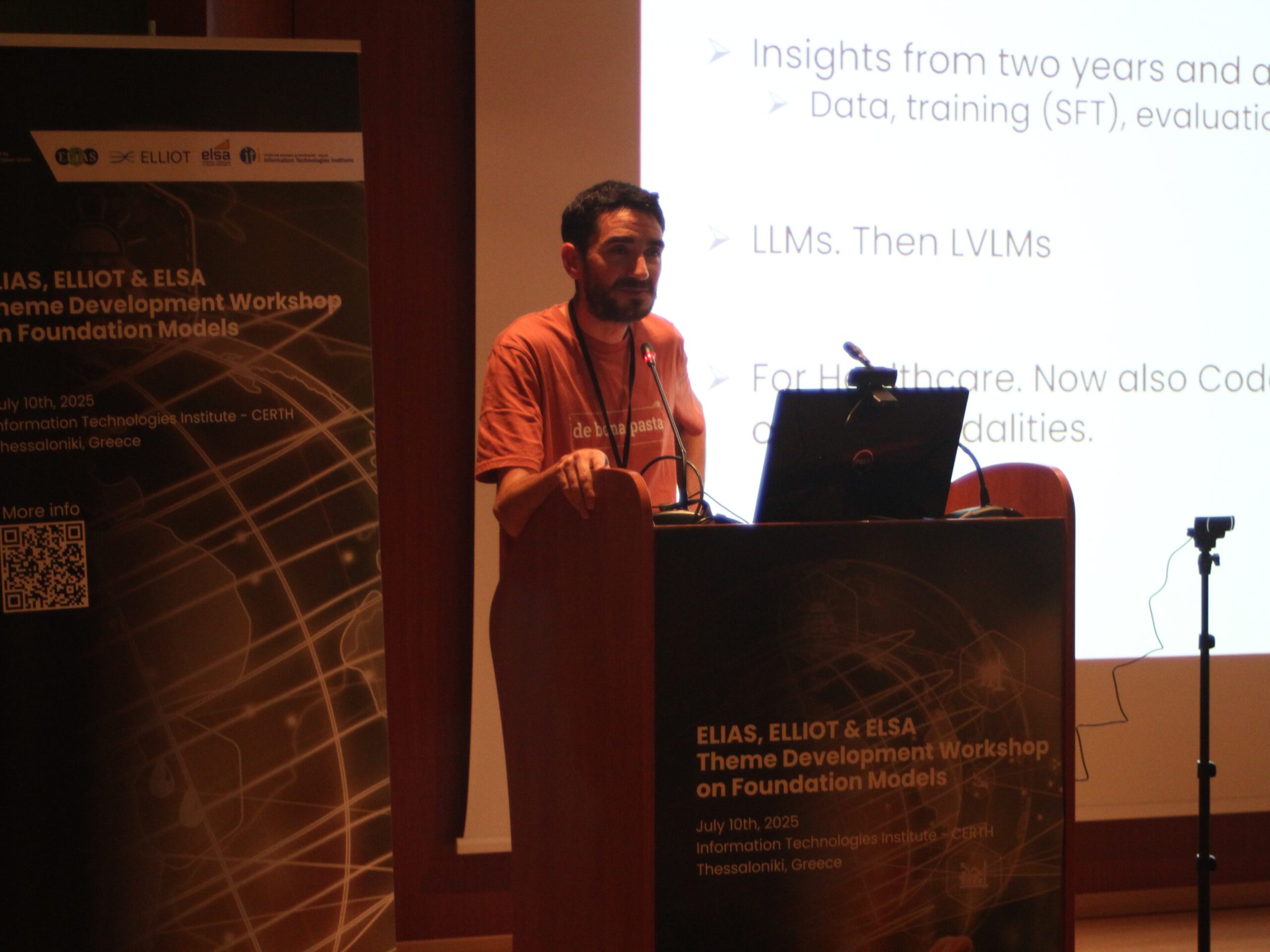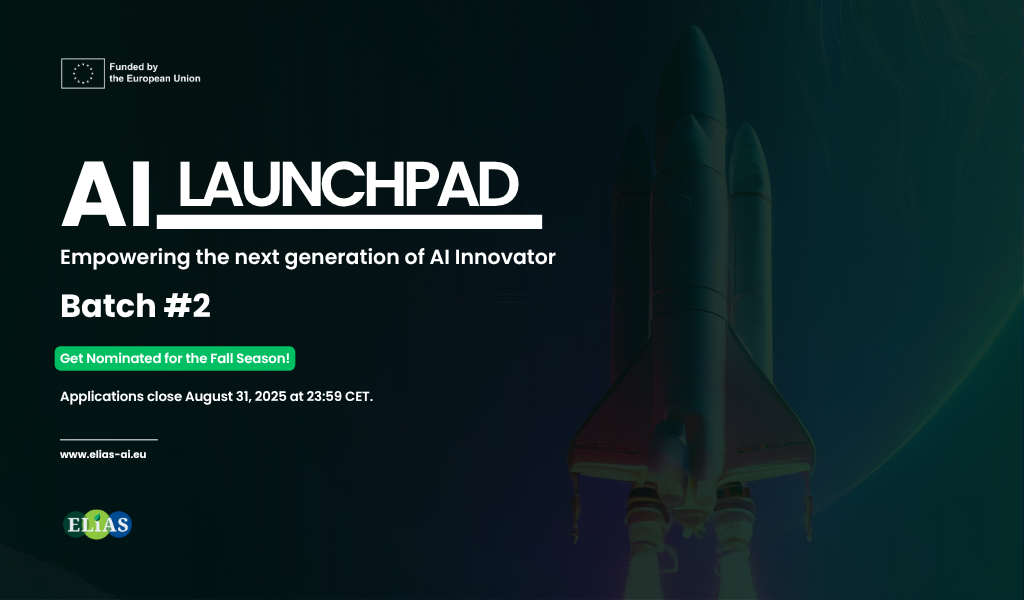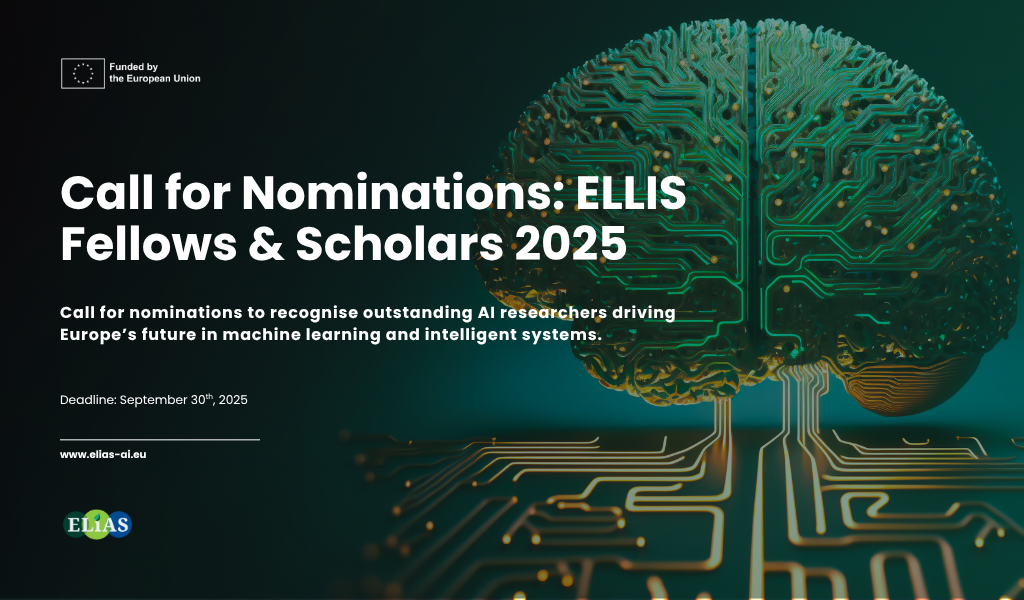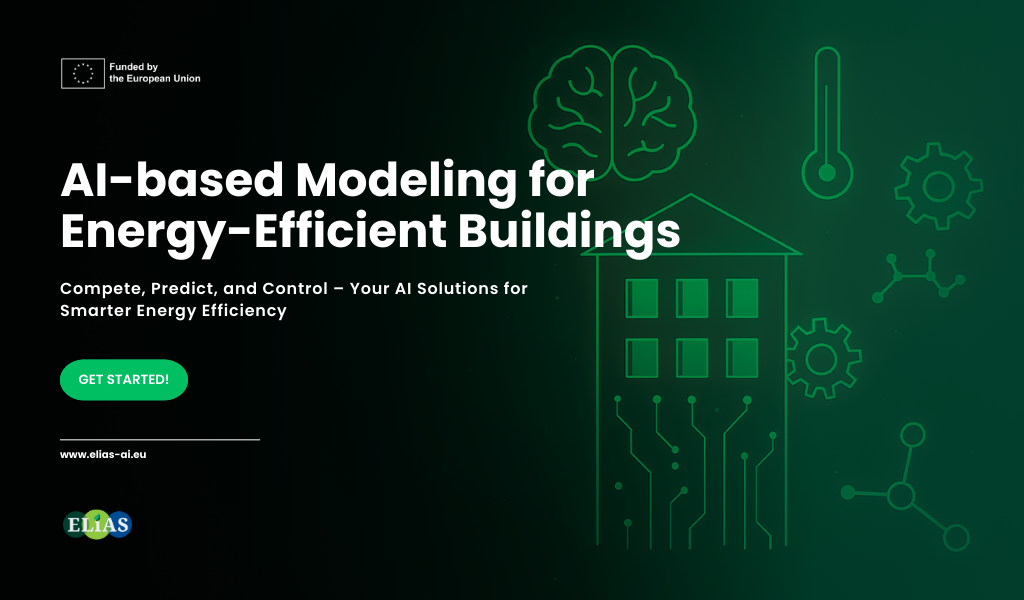
AI-Based Modeling for Energy-Efficient Buildings Challenge
Challenge Updates
Competition Now Closed — Winners Announced!
The “AI-Based Modeling for Energy-Efficient Buildings” competition has concluded with remarkable contributions from the AI and energy-efficiency communities. The challenge invited participants to use a large real-world dataset for prediction of the cooling load in commercial buildings towards increasing energy efficiency using AI. In total 16 teams participated, of which three winners with very interesting approaches were selected.
🥇 Winners:
- Ertan Kaya (Bosch), with code publicly available,
- Ferenc Beres (HUN-REN Institute for Computer Science and Control), with code publicly available,
- Neeraj Inamdar (Qnovi), with code publicly available.
The winners were selected based on performing top on the secret (“private”) test set. Given the closeness of the scores, we decided to name three winners, instead of 1st/2nd/3rd place. The detailed outcomes can be found on the Kaggle page. All winners significantly outperformed the simple baseline we provided at the beginning.
The winning approaches leveraged:
-
Advanced feature engineering using prior knowledge of building metadata and established feature selection methods to avoid overfitting across the large number of sensors.
-
Core learning algorithms including neural networks and gradient-boosted regression trees.
-
The maximal amount of building data collected by the ELIAS project (2025 and 2024 datasets).
The results highlight the potential of AI to improve building energy efficiency by enabling accurate cooling load predictions, paving the way for smarter energy management in commercial buildings.
Challenge Details
About the Challenge
The challenge focuses on developing AI-based prediction for chilled water plants in large buildings to:
- Use machine learning to accurately predict HVAC (Heating, Ventilation and Air Conditioning) system loads, in particular cooling demand
- Bridge the gap between academic AI and real-world deployment
- Promote transparency, generalisability, and feasibility of solutions for real building operations
💡 The load prediction model can serve as basis for future building control optimisation methods. After this competition about the load prediction task, we are planning a second competition about improving the current building control strategy, based on the present load prediction task. Stay tuned!
Key Dates
- Registration starts: September 1, 2025
- Submission deadline: November 16, 2025 (Updated: November 19, 2025)
Dataset & Resources
- Dataset: Real building operational data collected in 2024 & 2025 from a large industrial building at RBHU Campus Budapest
- Public Repository: Historical data from 2024 available on ZENODO for reference:
-
Content: Sensor time-series including temperature, humidity; setpoints and operational parameters, energy use etc.
-
Access Platform: Kaggle
-
Support Materials: Metadata, documentation
Expected Outcomes
- Participants will:
- Develop load prediction models
- Gain visibility through public sharing of top solutions and final workshop
- Have opportunities for publication and recognition within the ELIAS project network
How to Participate
Where: Kaggle
Who: Open to individuals and teams from academia, startups, and industry
Steps:
- Register on Kaggle and accept the rules
- Access the datasets and baseline tools
- Submit your results as per the format
Have Questions?
Partners and Support
- ELIAS project consortium members
- Bosch Corporate Research and Global Real Estate units
- Universities and Research Partners
- Kaggle (as challenge platform)
FAQ
- Q: Who is eligible to participate?
- A: Anyone, including students, professionals, and researchers, can register on Kaggle and join.
- Q: Can teams join?
- A: Yes, team participation is encouraged.
- Q: What tools can be used?
- A: Any tools/languages that support reproducible machine learning
- Q: Is the competition free?
- A: Yes, participation is free of charge.
